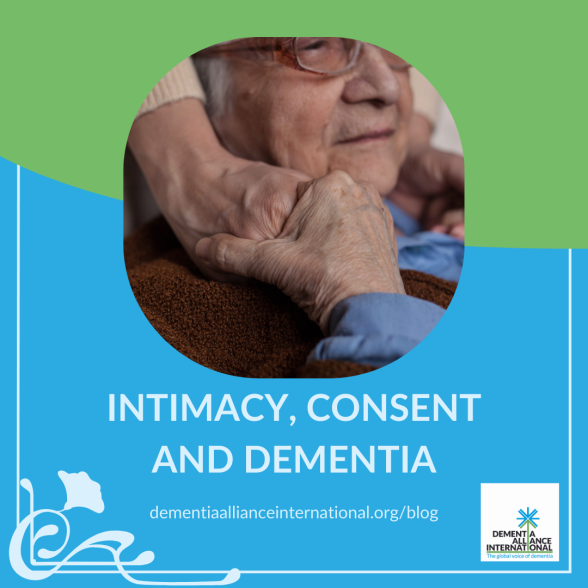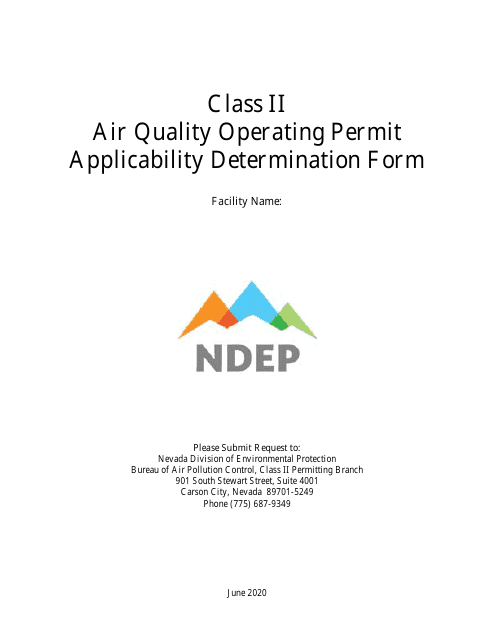College Life And Sexuality: Navigating Intimacy And Consent

Table of Contents
Understanding Consent in College Relationships
What is Consent?
Consent is not just the absence of "no," it's an enthusiastic "yes." Affirmative consent means clear, ongoing, and voluntary agreement to participate in sexual activity. It's essential to remember that silence, passivity, or intoxication do not constitute consent. Consent can be withdrawn at any time, and any sexual activity after consent is withdrawn is considered assault.
- Affirmative consent requires: enthusiastic agreement, clear communication, and mutual respect.
- Consent is not given if: someone is incapacitated by drugs or alcohol, is being coerced or pressured, or is unsure or hesitant.
- Examples of consent: Verbally agreeing to engage in a specific sexual act, actively participating in the act, and clearly expressing willingness.
- Examples of withdrawing consent: Saying "no," changing your mind during sexual activity, or expressing discomfort.
Understanding affirmative consent is crucial for fostering healthy college relationships and preventing sexual assault. The concept of sexual consent in college relationships should be proactively discussed and understood by all parties involved.
Recognizing and Avoiding Sexual Assault and Harassment
Sexual assault and sexual harassment are serious offenses with devastating consequences. Sexual assault encompasses any unwanted sexual contact without consent, including rape, fondling, and other forms of sexual violence. Sexual harassment involves unwelcome sexual advances, requests for sexual favors, and other verbal or physical conduct of a sexual nature.
- Common scenarios: Unwanted touching, non-consensual kissing, forced sexual intercourse, sharing intimate images without consent (revenge porn), and online harassment.
- Warning signs: Pressure, intimidation, threats, manipulation, and disregard for boundaries.
- Resources for victims: Most colleges have Title IX offices dedicated to investigating and addressing sexual misconduct. Counseling services provide support and therapy for survivors. Local rape crisis centers also offer crucial help and resources.
- Bystander intervention: If you see a situation that seems unsafe or coercive, intervene safely by directly confronting the perpetrator, alerting authorities, or supporting the victim.
Knowing the signs of sexual assault and harassment and understanding available resources are vital for creating a safer campus environment for all students. Learning about and implementing effective bystander intervention strategies is equally important.
Exploring Healthy Sexual Practices in College
Safe Sex Practices
Protecting your sexual health is paramount. Safe sex practices involve using contraception to prevent pregnancy and practicing safe sex to prevent sexually transmitted infections (STIs) like chlamydia, gonorrhea, syphilis, and HIV.
- Contraception: Condoms are the most effective method for preventing both pregnancy and STIs. Other options include birth control pills, implants, and IUDs. Consult a healthcare professional to determine the best option for you.
- STI/STD Prevention: Regular STI/STD testing is essential, particularly if you are sexually active. Many college health centers offer free or low-cost testing.
- Impact of alcohol and drugs: Alcohol and drugs can impair judgment and significantly increase the risk of risky sexual behavior and non-consensual encounters. They also affect your ability to give or understand consent.
Prioritizing safe sex is a key component of healthy college sexuality. Understanding the various contraceptive options and the importance of regular STI/STD testing are crucial for protecting your sexual health.
Communication and Healthy Relationships
Open and honest communication is the foundation of any healthy relationship, including sexual relationships. This means being able to comfortably discuss sexual desires, boundaries, and expectations with your partner.
- Building healthy relationships: Trust, respect, equality, and open communication are essential for a healthy relationship.
- Unhealthy relationship dynamics: Controlling behavior, jealousy, manipulation, and verbal abuse are signs of an unhealthy relationship.
- Seeking help: If you're struggling in a relationship, reach out to campus counseling services, friends, or family for support.
Strong communication skills are essential for navigating college relationships successfully. Establishing healthy boundaries and recognizing unhealthy relationship patterns are crucial for building positive and respectful relationships.
Seeking Help and Support on Campus
Resources Available to Students
Colleges provide various resources to support students' sexual health and well-being.
- Campus resources: Most colleges have health centers offering sexual health services, counseling services providing mental health support, Title IX offices addressing sexual misconduct, and student support groups providing peer-to-peer assistance.
- Confidentiality: Some services, like counseling, offer confidential support.
Knowing where to find help on campus is crucial for ensuring your well-being. Take the time to familiarize yourself with the resources available at your institution.
Online Resources and Hotlines
Numerous online resources and hotlines provide support and information about sexual assault, sexual health, and relationship issues.
- RAINN (Rape, Abuse & Incest National Network): Provides support for survivors of sexual violence and information about sexual assault.
- Planned Parenthood: Offers comprehensive sexual and reproductive health services, including contraception, STI testing, and education.
Utilizing these online resources and hotlines can provide additional support and information beyond what's available on campus.
Conclusion
Navigating college sexuality requires a strong understanding of consent, healthy sexual practices, and available resources. Remember that affirmative consent is crucial for all sexual activity, and open communication is key to building healthy relationships. If you or someone you know needs help, don't hesitate to reach out to the resources mentioned above. Understanding and practicing safe and consensual college sexuality is vital for a positive and healthy college experience. Take control of your sexual health and well-being by learning more about college sexuality and the resources available to support you.

Featured Posts
-
 Trafic De Drogue A Saint Ouen Les Parents Reclament Le Transfert De L Ecole Maternelle
May 27, 2025
Trafic De Drogue A Saint Ouen Les Parents Reclament Le Transfert De L Ecole Maternelle
May 27, 2025 -
 Us Court Case Cohere Challenges Media Copyright Infringement Allegations
May 27, 2025
Us Court Case Cohere Challenges Media Copyright Infringement Allegations
May 27, 2025 -
 Taylor Swifts Reputation Taylors Version The Long Awaited Announcement
May 27, 2025
Taylor Swifts Reputation Taylors Version The Long Awaited Announcement
May 27, 2025 -
 Man Utd Set To Sign World Class Striker Journalist Confirms Deal
May 27, 2025
Man Utd Set To Sign World Class Striker Journalist Confirms Deal
May 27, 2025 -
 Air Algerie Awarded Ncaa Operating Permit Key Details
May 27, 2025
Air Algerie Awarded Ncaa Operating Permit Key Details
May 27, 2025
